
T-DXd displayed favorable HRQOL and neurological function results in HER2+ metastatic breast cancer regardless of the presence of brain metastases.

Your AI-Trained Oncology Knowledge Connection!


T-DXd displayed favorable HRQOL and neurological function results in HER2+ metastatic breast cancer regardless of the presence of brain metastases.
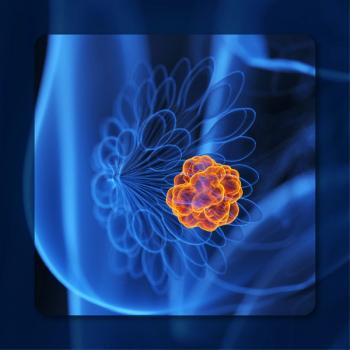
Treatment with preoperative niraparib plus dostarlimab generated responses among patients with BRCA-mutant, ER-positive, HER2-negative breast cancer

Neoadjuvant camrelizumab paired with chemotherapy significantly improved pCR over chemotherapy alone in early or locally advanced TNBC.
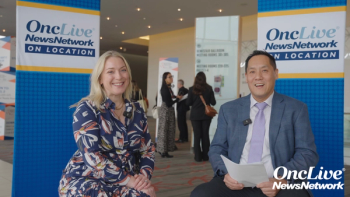
Bora Lim, MD, of The University of Texas MD Anderson Cancer, and Stephanie Graff, MD, of Brown University Health, sit down with Chandler Park, MD, FACP, to discuss the latest abstracts in breast cancer presented during the 2024 San Antonio Breast Cancer Symposium.

Treatment with a 100-mg dose of bezuclastinib had a favorable safety and tolerability profile in patients with non-advanced systemic mastocytosis.
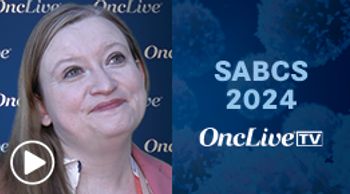
Mariya Rozenblit, MD, discusses how genomic alterations and TMB influence the efficacy of immune checkpoint inhibitors in HR+ metastatic breast cancer.
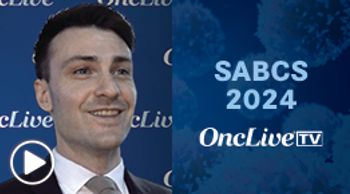
Maxwell Lloyd, MD, discusses a real-world study of elacestrant outcomes based on prior treatment and ESR1 mutation status in HR+ breast cancer.
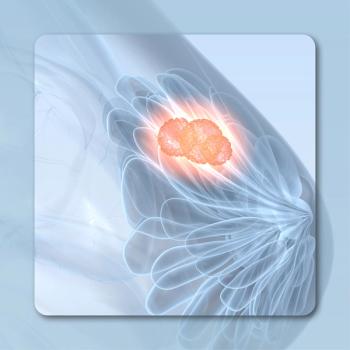
Palbociclib plus anti-HER2 and endocrine therapy improved progression-free survival in hormone receptor–positive, HER2-positive metastatic breast cancer.
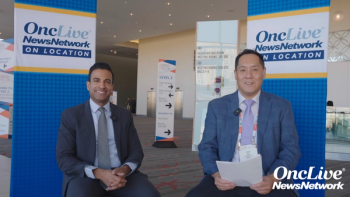
Sara Hurvitz, MD, of Fred Hutch Cancer Center, and Neil Iyengar, MD, of Memorial Sloan Kettering Cancer Center, sit down with Chandler Park, MD, FACP, to discuss the latest abstracts in breast cancer presented during the 2024 San Antonio Breast Cancer Symposium.

Tamoxifen reduced the risk of invasive ipsilateral breast recurrence in patients with good-risk ductal carcinoma in situ.

Retrospective data showed there was no OS difference between 3 frontline CDK4/6 inhibitor combos in HR-positive breast cancer.

Patients with luminal B and HER2E breast cancer subtypes may have a greater PFS benefit with ribociclib plus endocrine therapy vs combination chemotherapy.

Real-world data presented at the 2024 ASH Annual Meeting evaluated the efficacy of the most common treatment sequences in CLL/SLL.
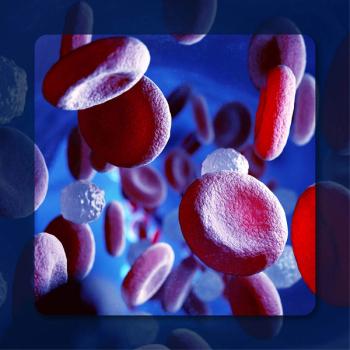
Iopofosine I 131 demonstrated durable efficacy and tolerability in heavily pretreated relapsed/refractory Waldenström macroglobulinemia.
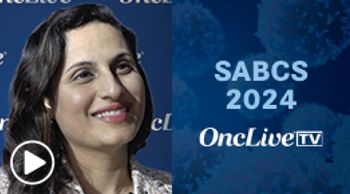
Azka Ali, MD, discusses findings from the S0221 trial of alternative adjuvant anthracycline and taxane dosing schedules in high-risk, early breast cancer.
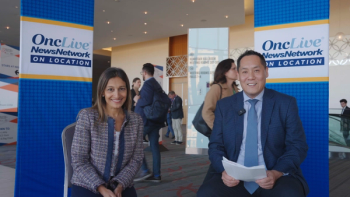
Jame Abraham, MD, of Cleveland Clinic, and Rena D. Callahan, MD, of UCLA, sit down with Chandler Park, MD, FACP, to discuss the latest abstracts in breast cancer presented during the 2024 San Antonio Breast Cancer Symposium.

Select safety measures have improved the prevention and management of risks associated with ponatinib in ALL and CML over 10 years.

Imlunestrant with or without abemaciclib improved PFS in select patients with ER-positive, HER2-negative advanced breast cancer after endocrine therapy.

Neoadjuvant patritumab deruxtecan with or without letrozole produced pathologic complete responses in high-risk, HR-positive/HER2-negative breast cancer.

SHR-A1811 monotherapy demonstrated high clinical activity and was well tolerated in patients with HER2-positive breast cancer.

Adjuvant olaparib maintained an efficacy benefit vs placebo in patients with BRCA1/2 mutation–positive, HER2-negative high-risk breast cancer.

Elacestrant plus abemaciclib demonstrated clinically important efficacy in ER-positive/HER2-negative advanced or metastatic breast cancer.
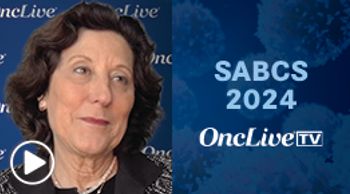
Hope S. Rugo, MD, FASCO, discusses updated safety findings from the ELEVATE trial of elacestrant-based combinations in ER+/HER2– metastatic breast cancer.
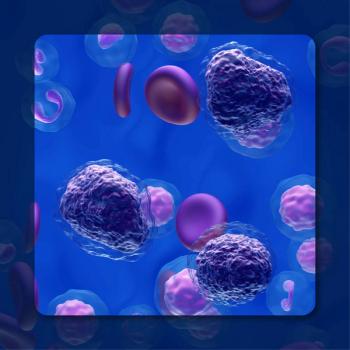
Cilta-cel without induction therapy in high-risk smoldering myeloma marked the first study of CAR T-cell therapy in a precursor cancer setting.

Risk-reducing surgery improved survival outcomes in younger patients with breast cancer and a germline BRCA mutation.

T-DXd improved PFS vs treatment of physician’s choice in hormone receptor-positive, HER2-low/-ultralow metastatic breast cancer.
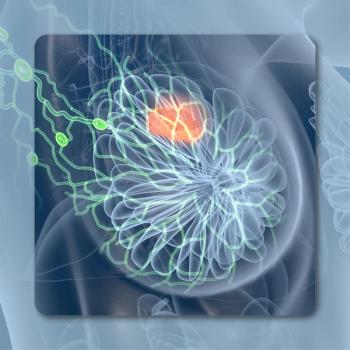
Elacestrant was partnered with multiple targeted agents across varying dose levels and schedules for patients with estrogen receptor–positive advanced breast cancer.
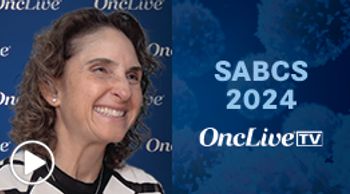
Virginia Kaklamani, MD, DSc, discusses an analysis of ESR1 allelic frequencies in elacestrant-exposed ER+/HER2– metastatic ESR1-mutated breast cancer.

IO-202 plus azacitidine elicited an ORR of 66.7% in patients with HMA-naive chronic myelomonocytic leukemia.

Pembrolizumab plus chemotherapy conferred an efficacy advantage over chemotherapy alone in high-risk TNBC subgroups defined by potential biomarkers.